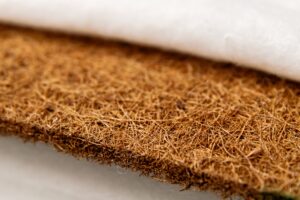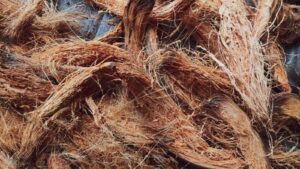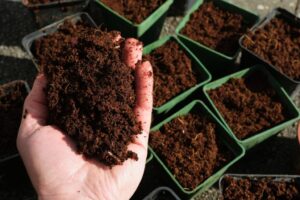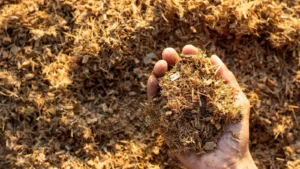In today’s world, sustainable farming practices are not just an option, they are a necessity. As agriculture continues to face challenges related to soil depletion, water scarcity, and climate change, coir has emerged as a game-changer for farmers looking to adopt eco-friendly methods. Derived from the husks of coconuts, coir is a renewable and biodegradable material that offers an array of benefits for farmers across the globe.
Coir products, including coco peat, coir pith, and coir-based grow bags, have proven to be excellent alternatives to synthetic materials traditionally used in agriculture, such as peat moss. Coir’s natural properties allow it to improve soil aeration, retain moisture more efficiently, and provide essential nutrients to plants. Farmers who incorporate coir into their farming practices are not only reducing the need for chemical fertilizers and pesticides but also helping the environment by minimizing soil erosion and improving water management.
In this article, we explore the many reasons why coir is considered the future of sustainable agriculture, providing insight into how it can help farmers achieve healthier crops and a cleaner planet.




